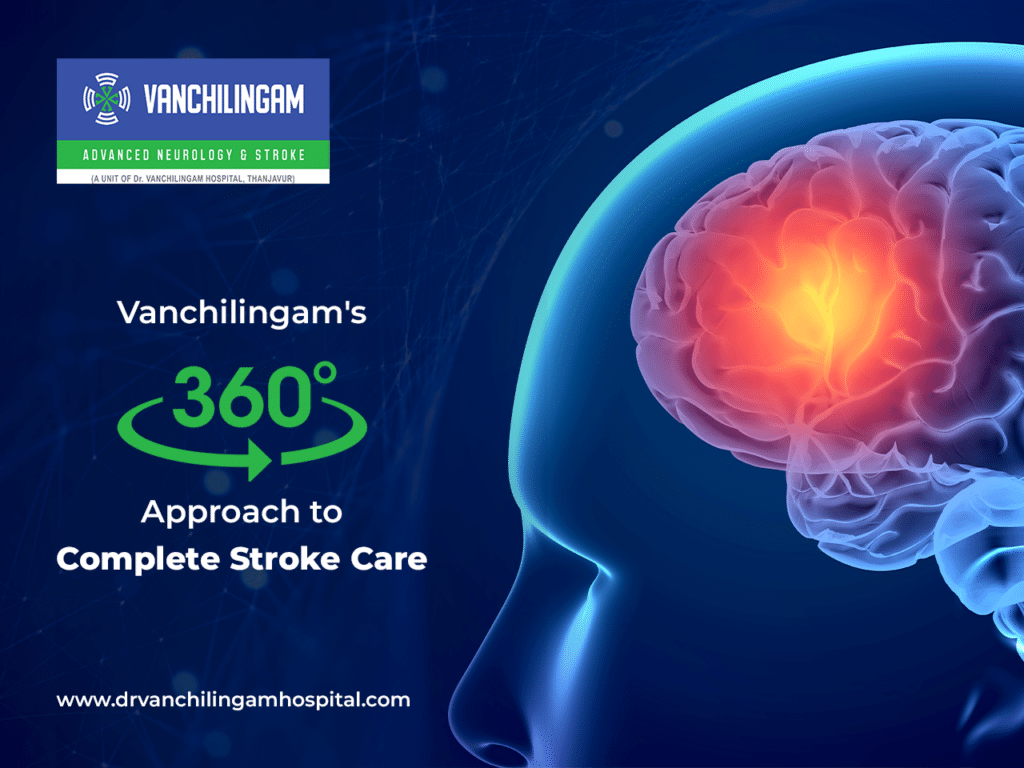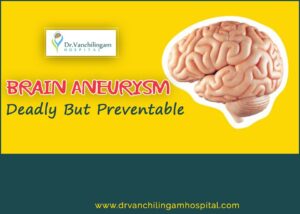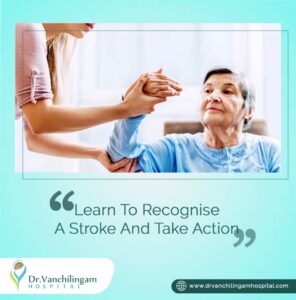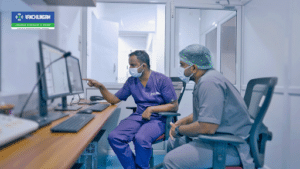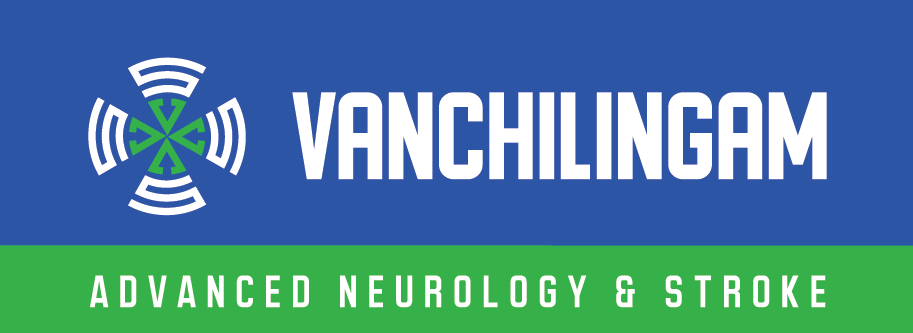National Stroke Awareness Month is observed every May to help improve the public’s awareness of the symptoms, signs, and prevention of stroke. Stroke ranks among the top causes of death and disability all over the world. Knowledge of how to handle a stroke emergency will stop it from causing harm or danger.
Understanding Stroke: Causes and Risk Factors
Stroke is defined as the loss of blood flow to brain tissue, either blocked or reduced, leading to deprivation of the tissue from receiving both oxygen and nutrients. The blockage of blood vessels might be because of the development of a clot within or because the blood vessel has ruptured (hemorrhagic stroke). The risk factors related to stroke are some chronic diseases—for example, hyperpiesis, smoking, diabetes, and obesity. Others include high cholesterol and lack of exercise.
Recognizing the Signs and Symptoms of Stroke
Most of the people in the world do not know the signs and symptoms of a stroke. They at least should be known to recognize the right intervention. There is an easy way to remember the signs of a stroke and what one should do in the event of a stroke through the acronym “FAST” (Face drooping, Arm weakness, Speech difficulty, Time to call emergency services).
Importance of Acting Fast During a Stroke
Time is very crucial to act as soon as possible in the context of a stroke. Every minute counts and the immediate provision of medical help can really make a difference in the benefit of the person’s recovery.
Seeking Immediate Medical Attention
If you witness someone experiencing symptoms of a stroke, such as sudden weakness or numbness on one side of the body, difficulty speaking or understanding speech, sudden trouble seeing in one or both eyes, or a severe headache without a known cause, it’s crucial to call emergency services immediately.
Diagnostic Procedures for Stroke
Diagnostic tests carried out to identify stroke could include computed tomography (CT) scans and magnetic resonance imaging (MRI), along with blood tests that evaluate clotting factors and other biomarkers.
Treatment Options for Stroke
The appropriate treatment for a stroke will depend on the type and severity but may include medications to dissolve blood clots (thrombolytics), surgical interventions to remove clots or repair blood vessels, and rehabilitation therapy aimed at regaining lost function and improving quality of life.
Prevention Strategies for Stroke
Some of the preventive strategies for stroke include managing risk factors through lifestyle modifications such as eating healthily, exercising regularly, quitting smoking, limiting alcohol consumption, and managing other health conditions.
Support and Resources for Stroke Survivors and Caregivers
Support and resources for stroke survivors and caregivers are essential for navigating the challenges of recovery and adjustment to life after stroke. These may include support groups, counselling services, and educational programs.
National Stroke Awareness Campaigns and Initiatives
National Stroke Awareness Month is part of a broader effort to raise awareness about stroke prevention, treatment, and recovery. Various organizations and healthcare providers participate in campaigns and initiatives aimed at educating the public and reducing the burden of stroke on individuals and communities.
National Stroke Awareness Month serves as a reminder of the importance of recognizing the signs and symptoms of stroke and taking swift action to seek medical help. By understanding stroke, knowing the risk factors, and adopting preventive measures, we can work together to reduce the impact of stroke on individuals and society.For more detailed information on brain stroke symptoms, causes, prevention, treatment, and recovery, visit our comprehensive guide on Dr. Vanchilingam Hospital’s website.
Vanchilingam Advanced Neurology and Stroke is recognized as the best hospital for stroke treatment in Chennai, offering cutting-edge therapies and personalized care for stroke patients. In the event of a stroke emergency, trust our expert team to deliver prompt and effective care. You can reach us directly at 893-999810 or seek immediate assistance at the nearest hospital. Your well-being is our priority.
Blog Reviewed by: Dr. Somesh Vanchilingam
Mail Us: info.vanchilingamhospital@gmail.com


